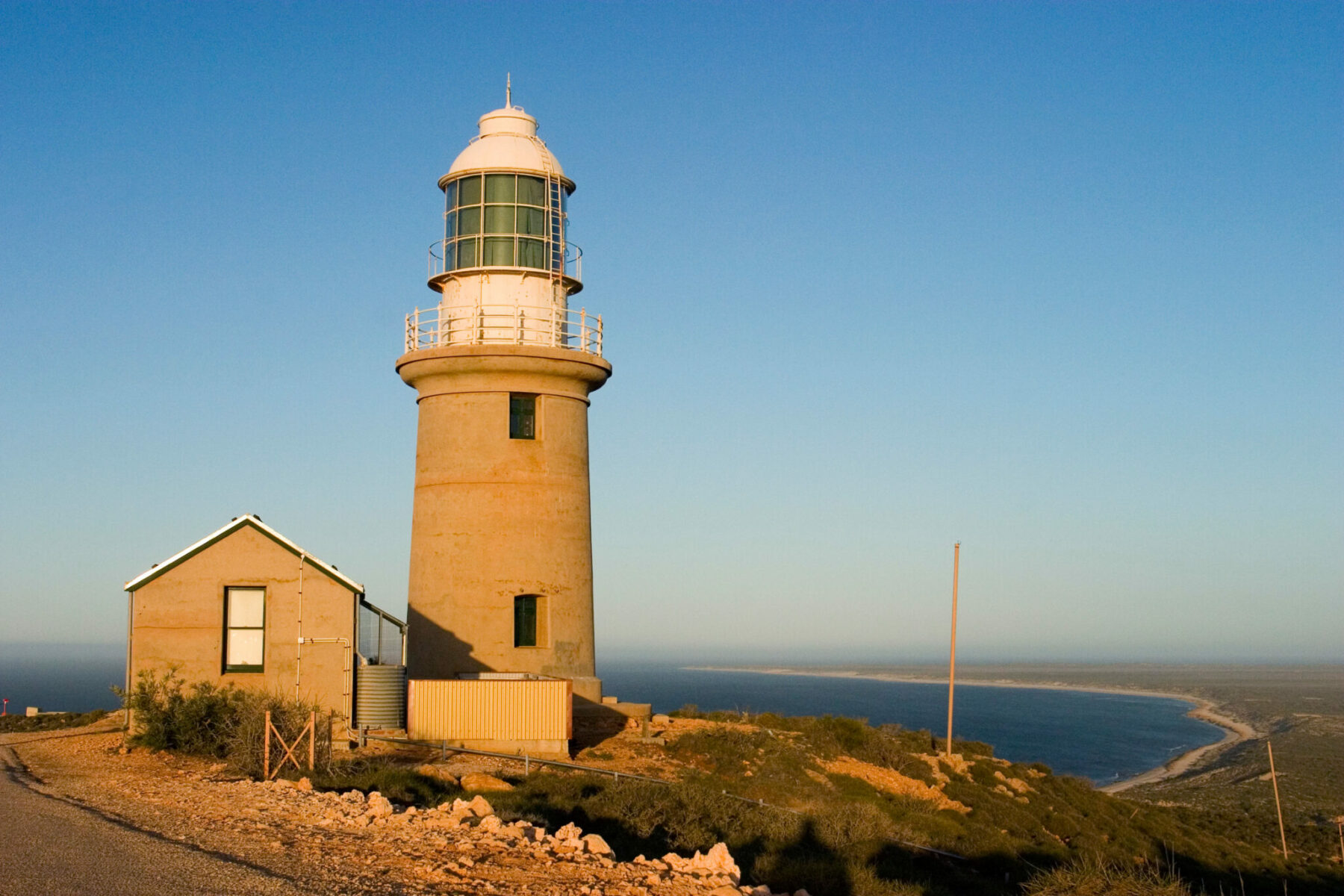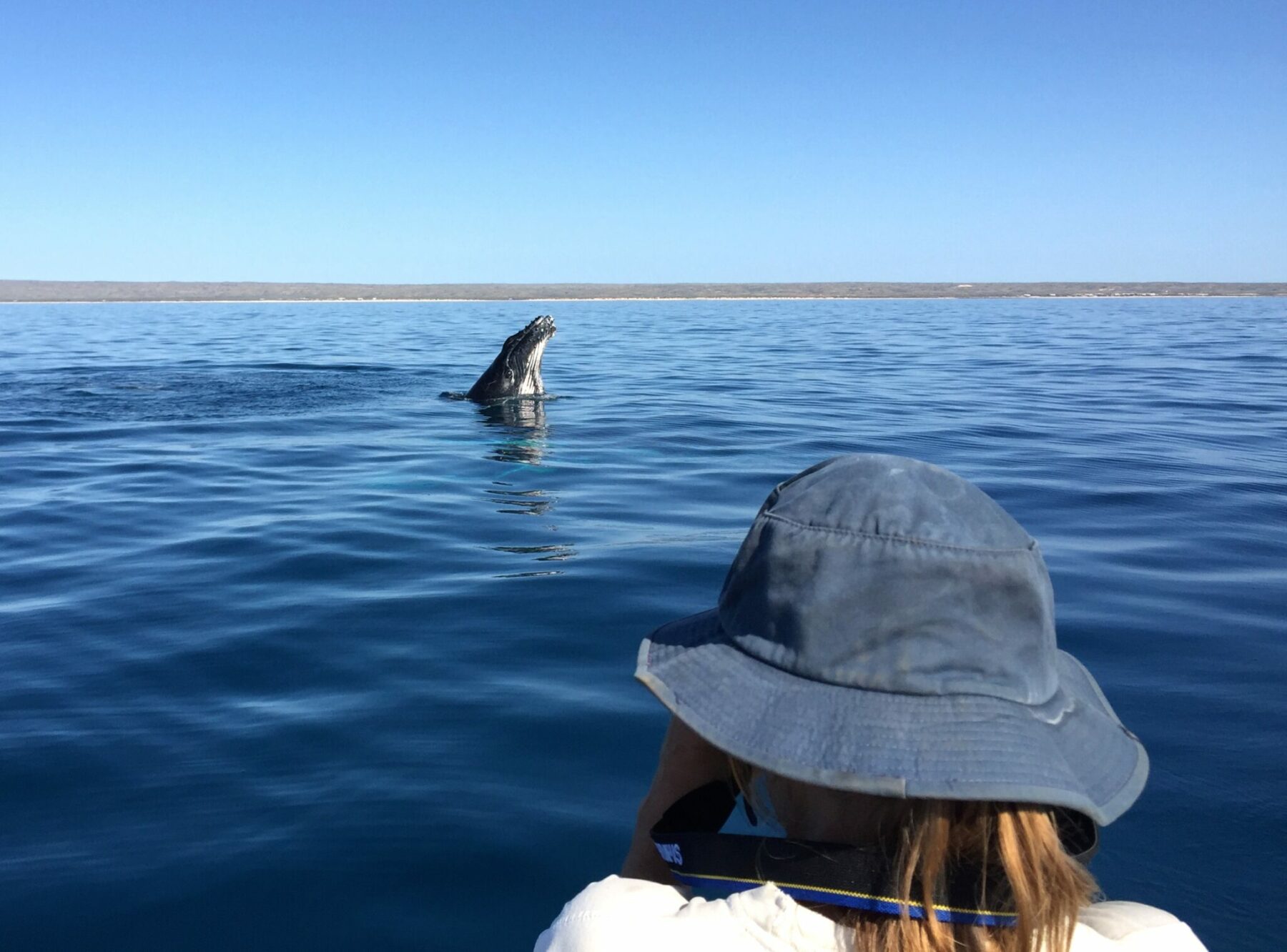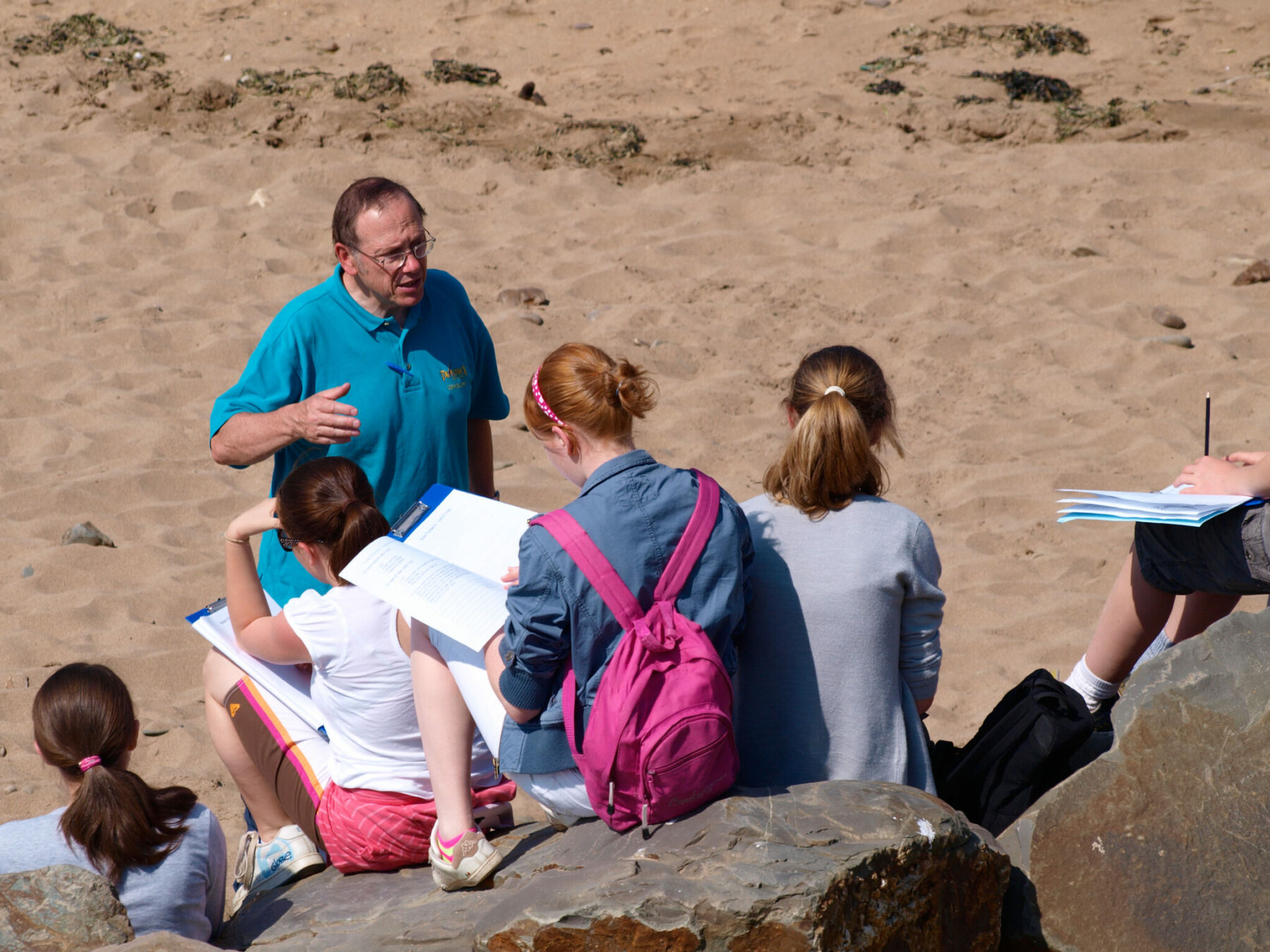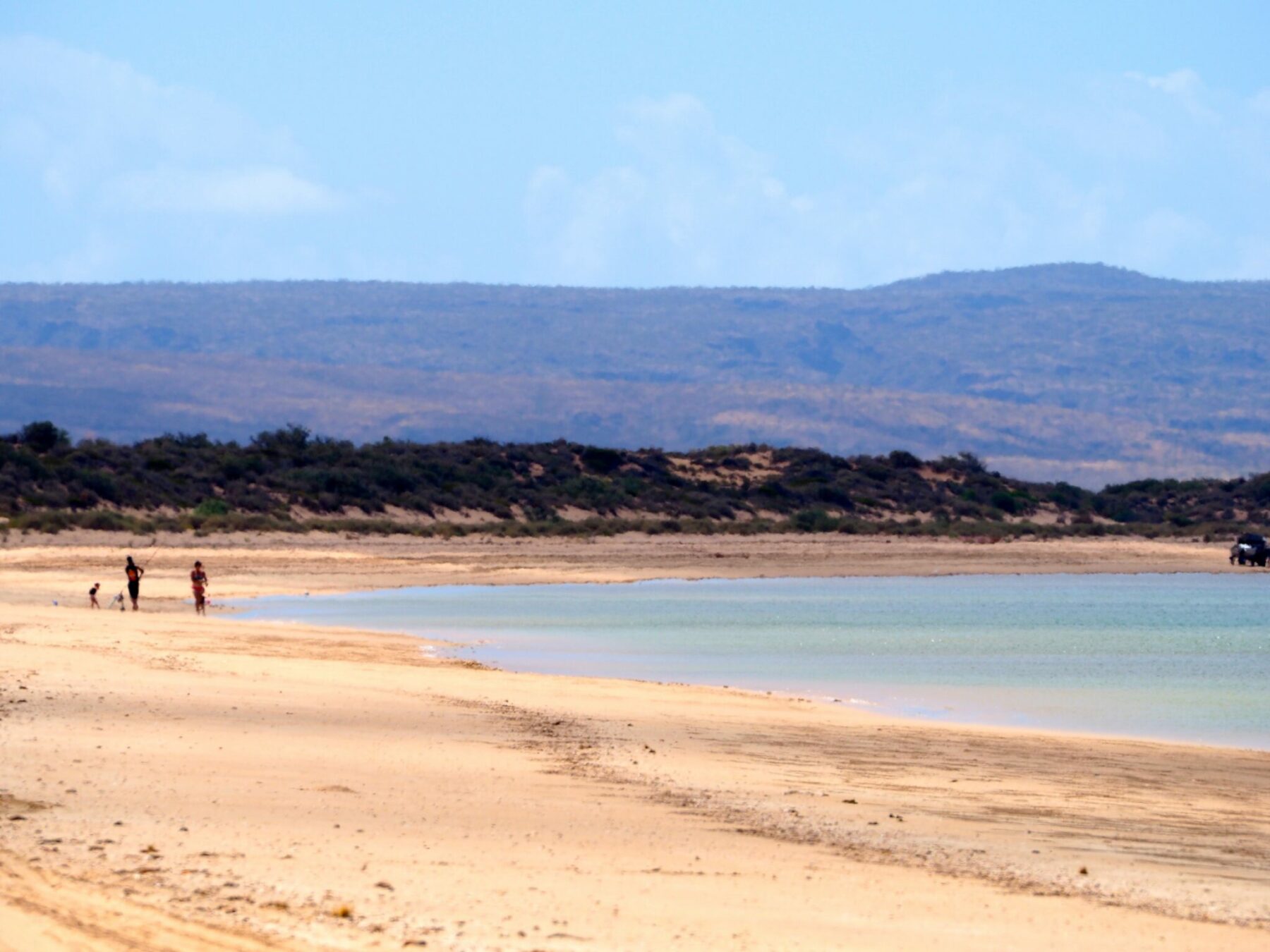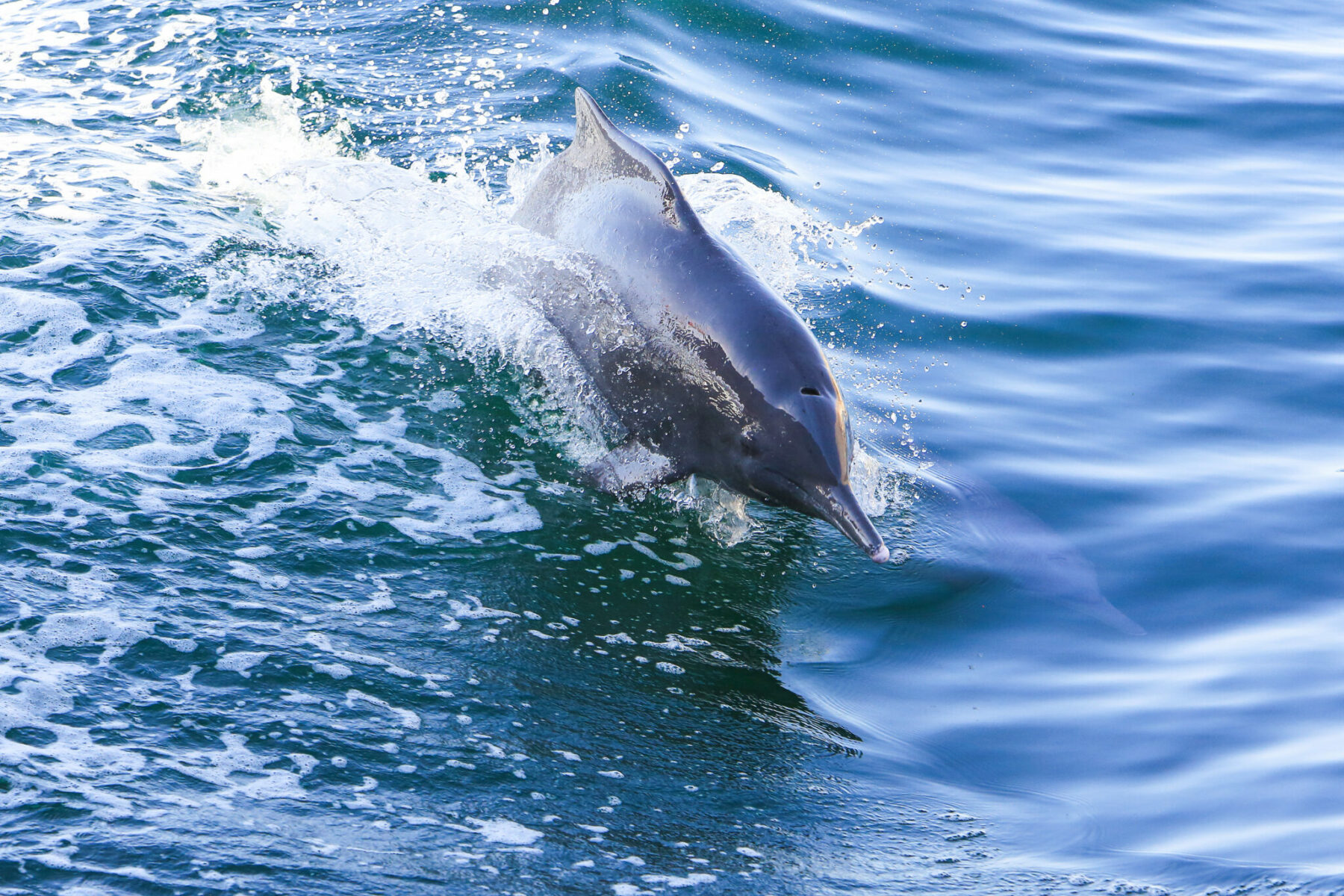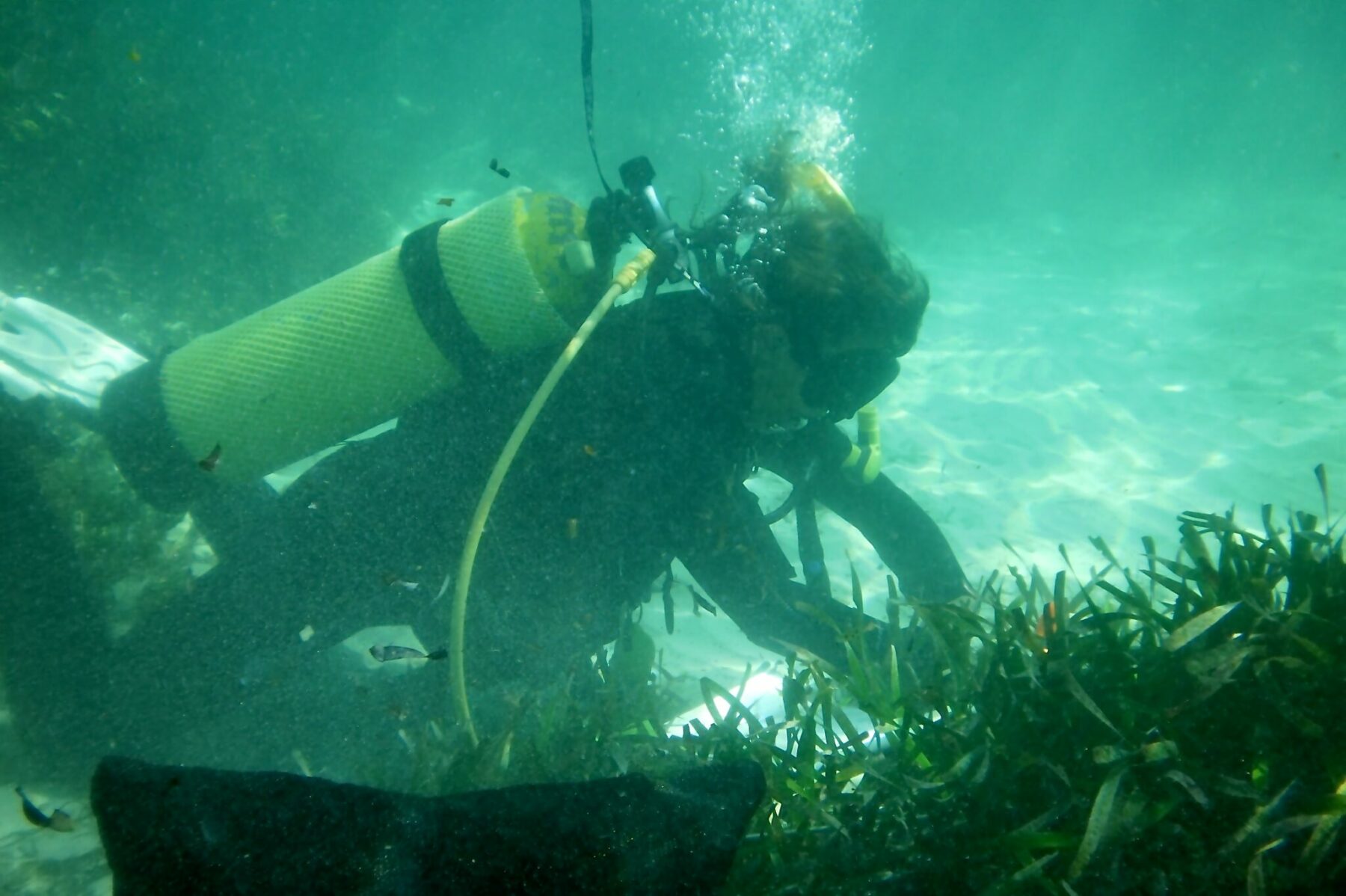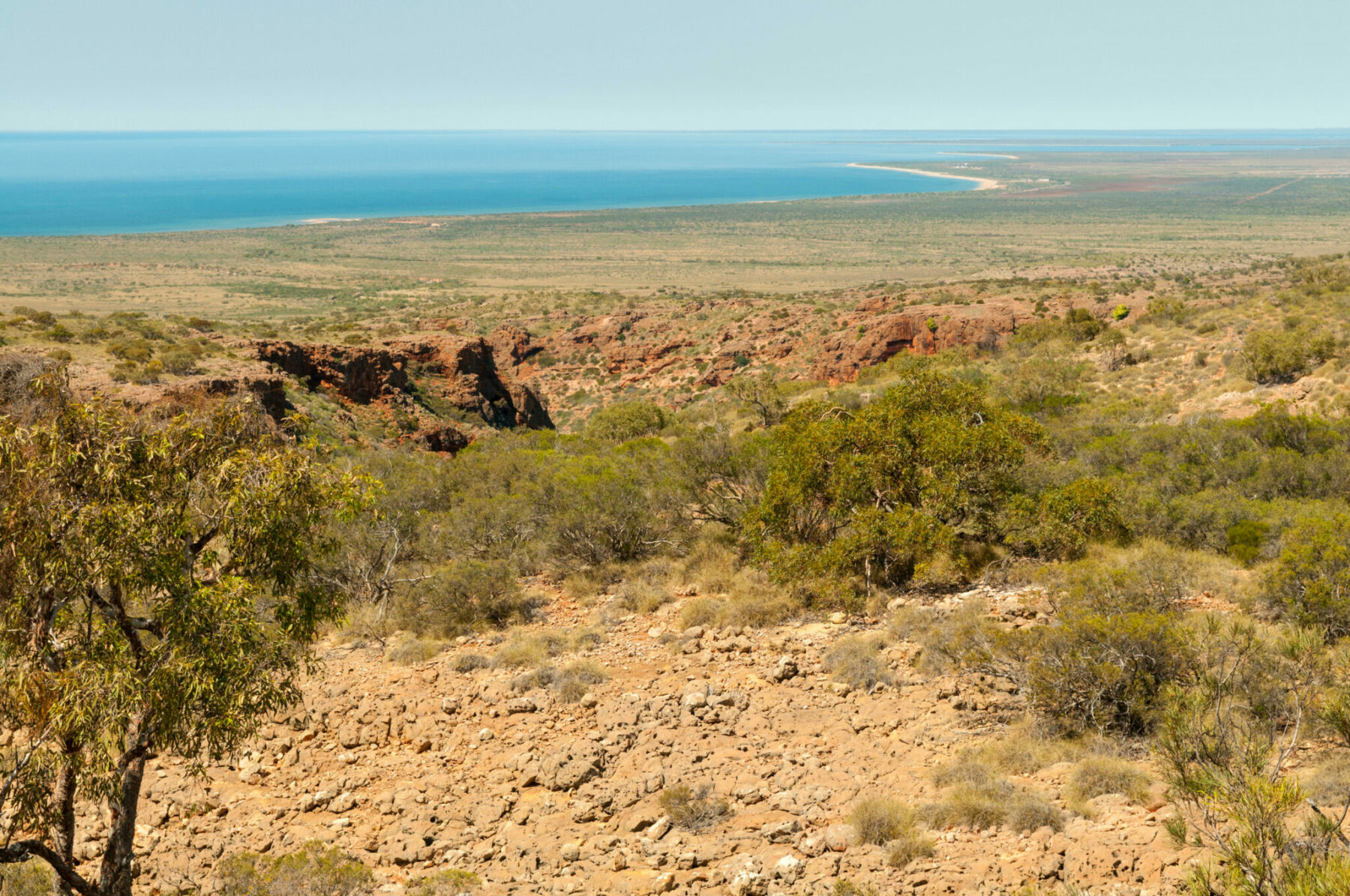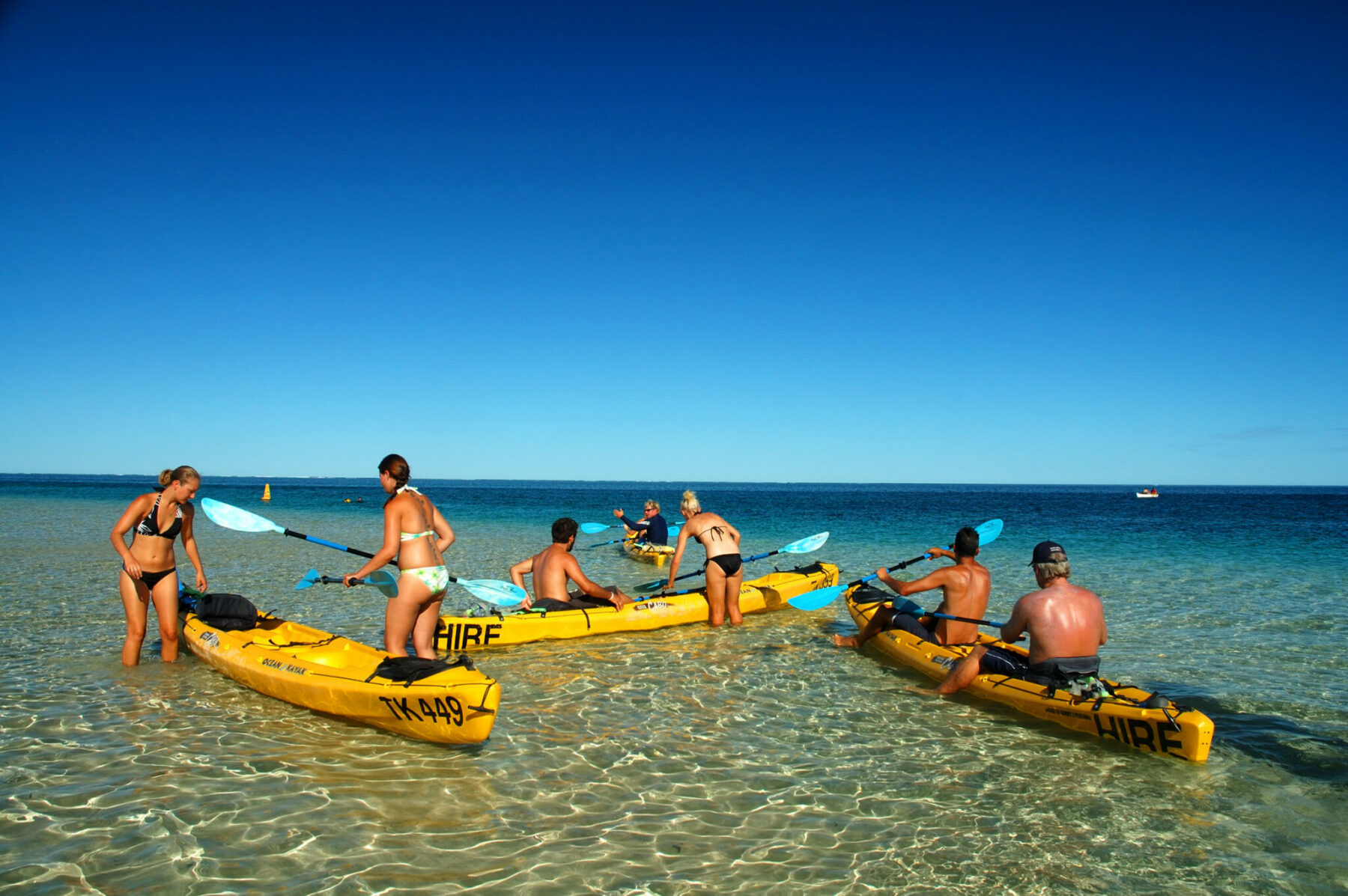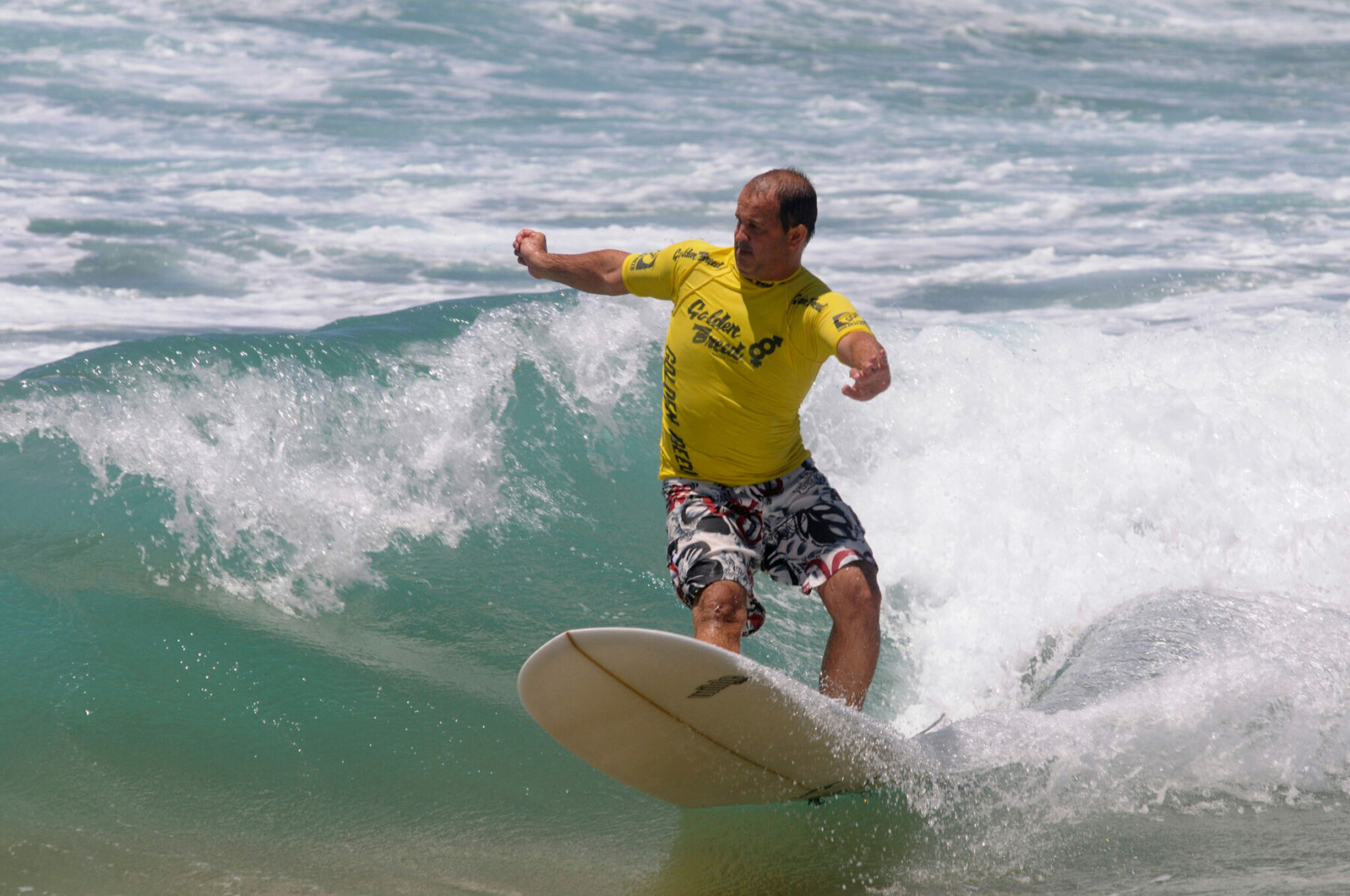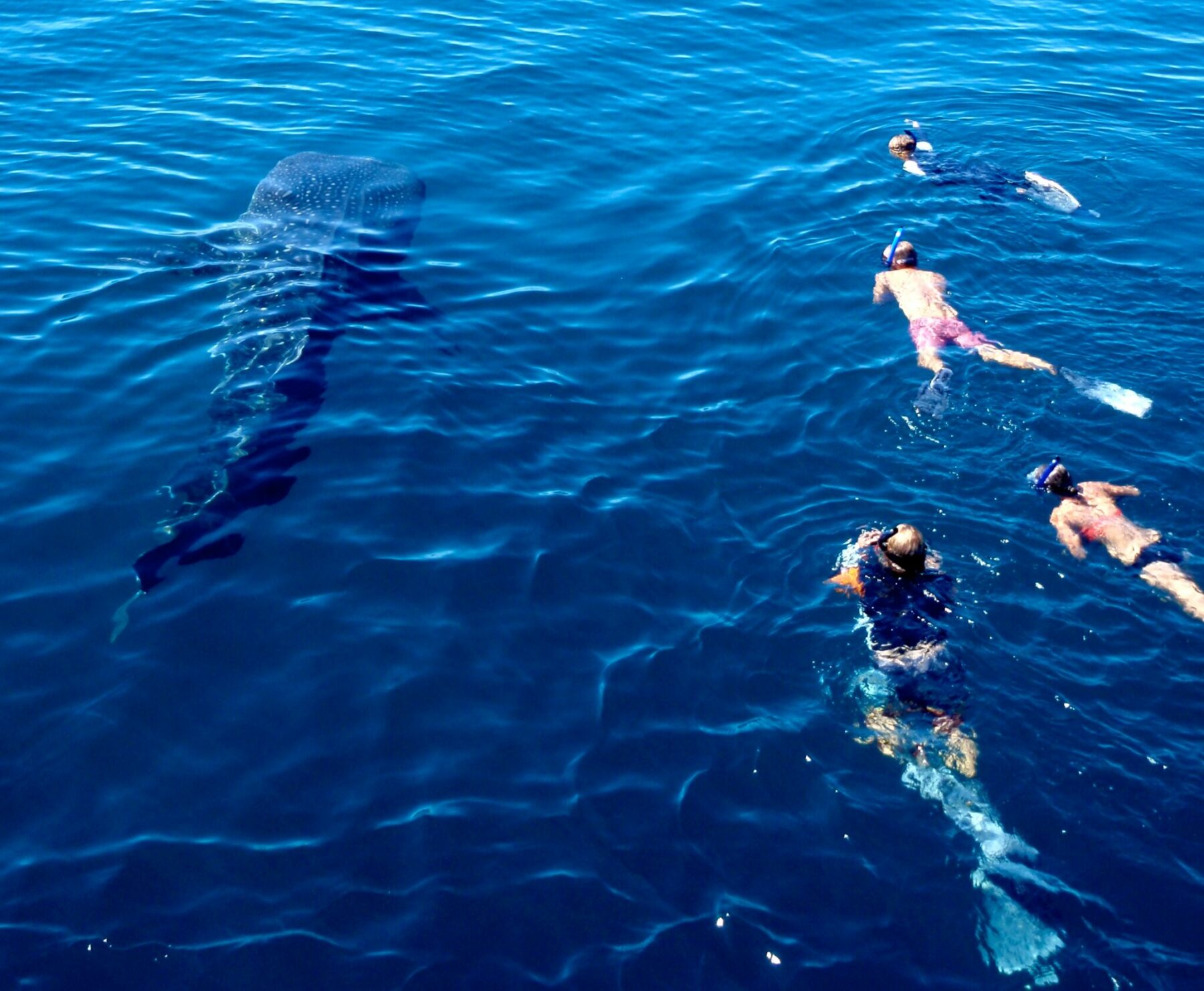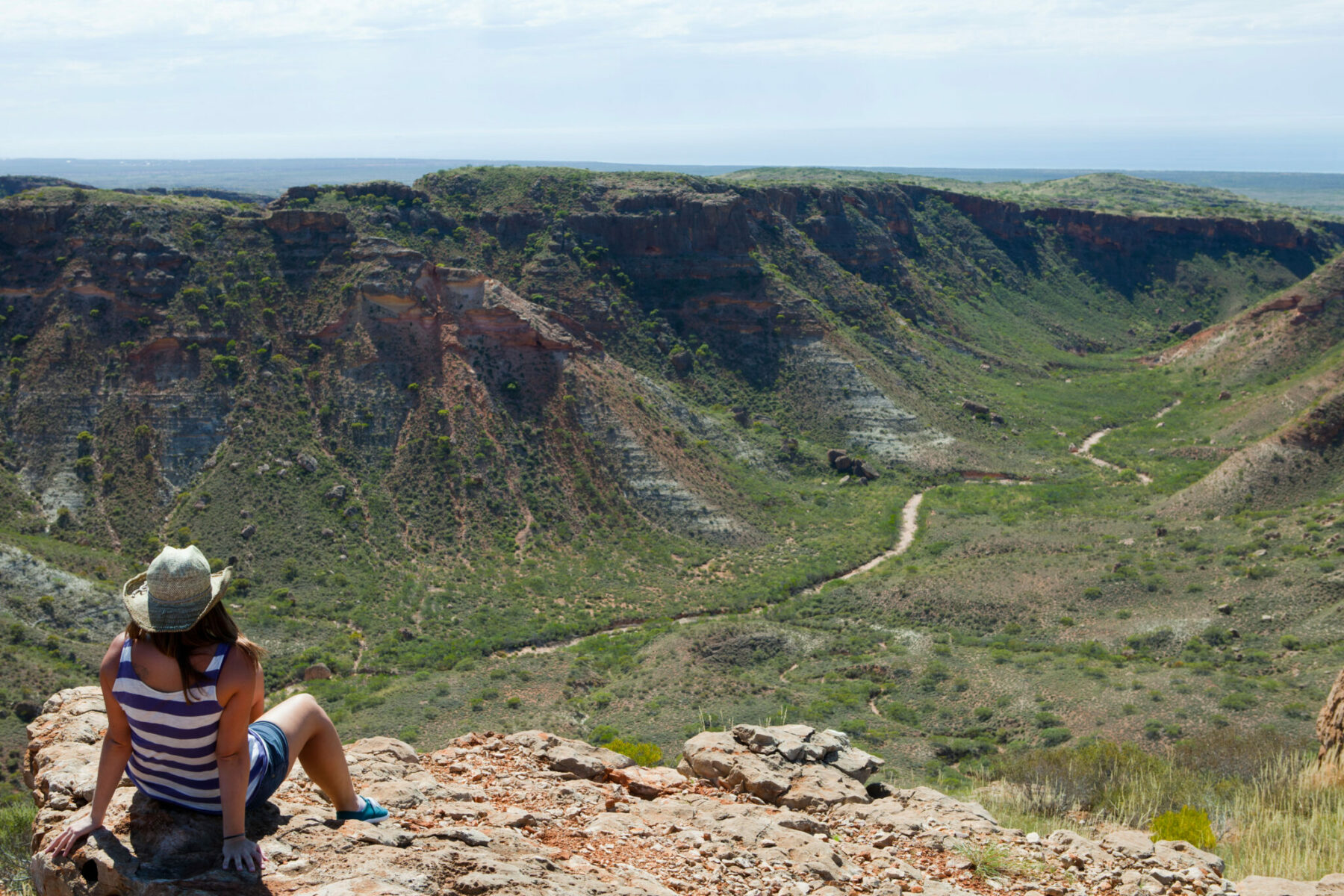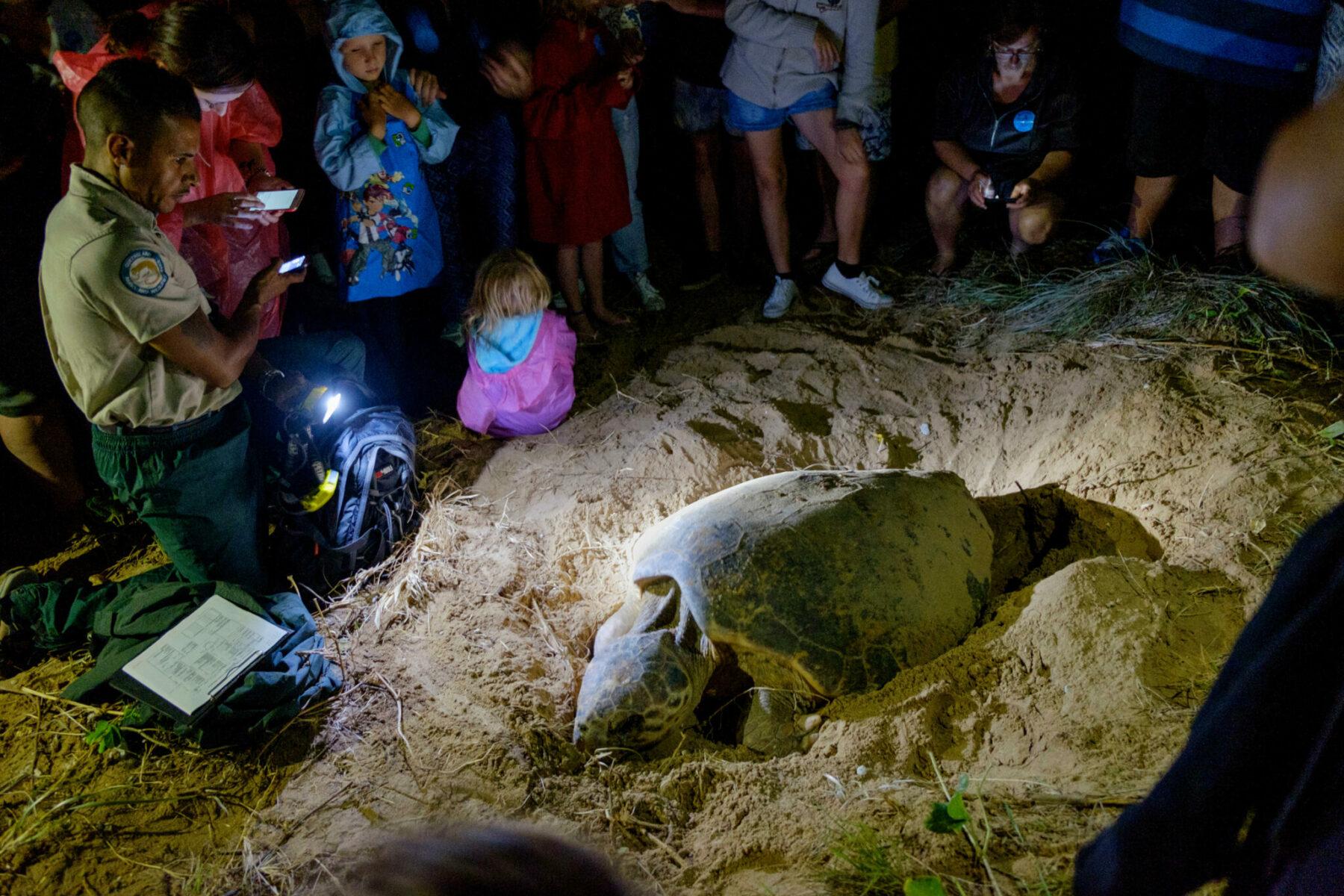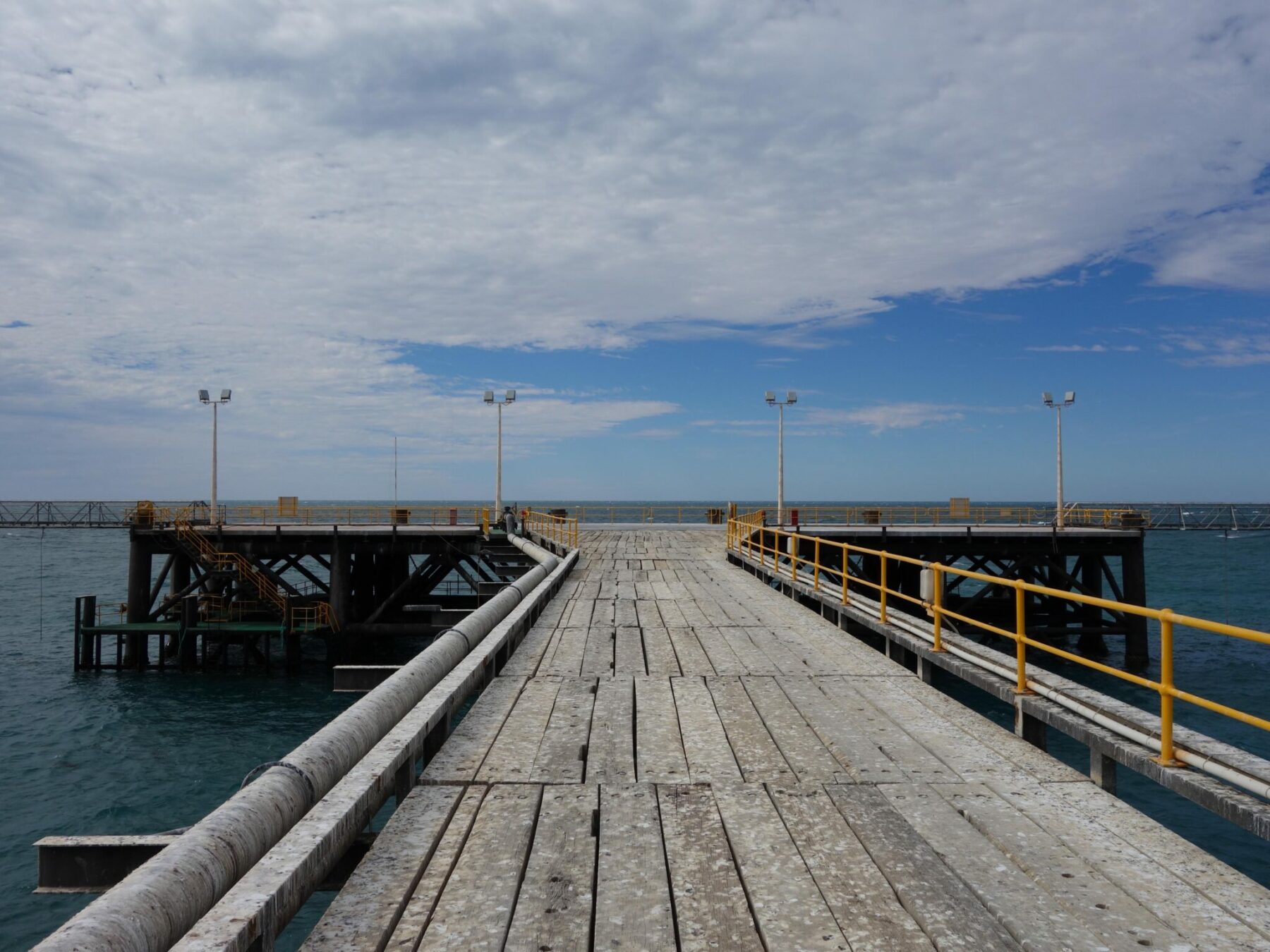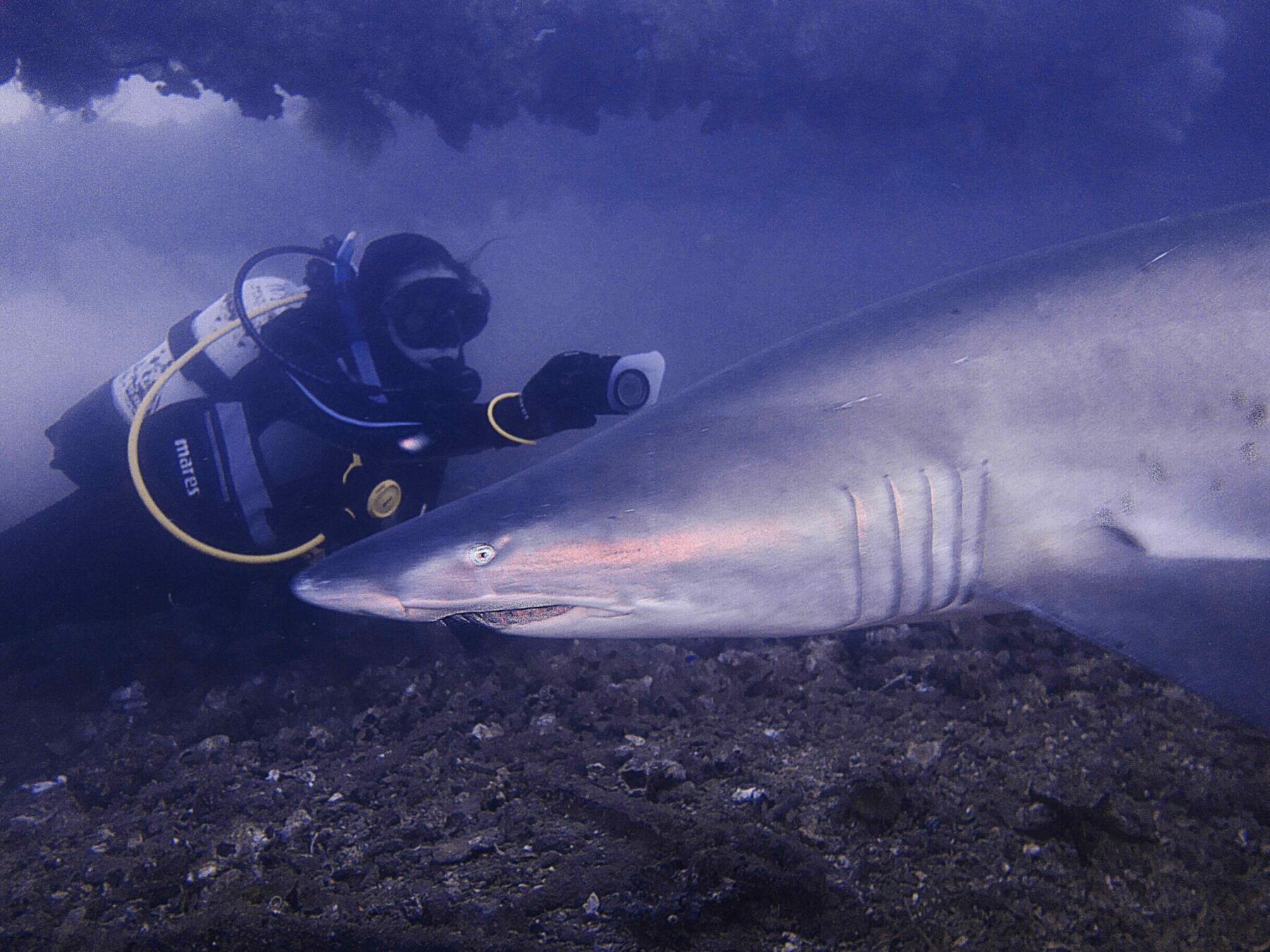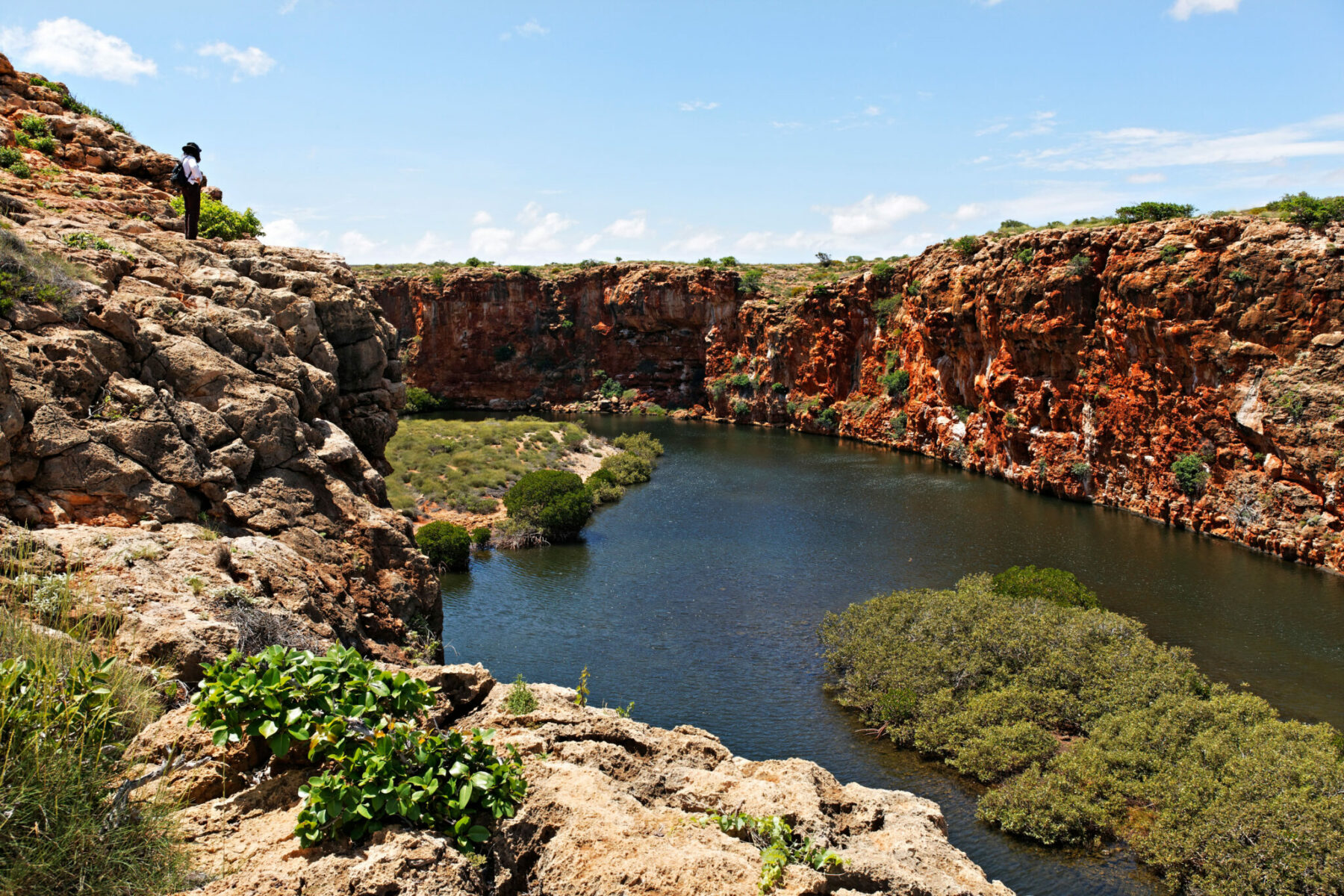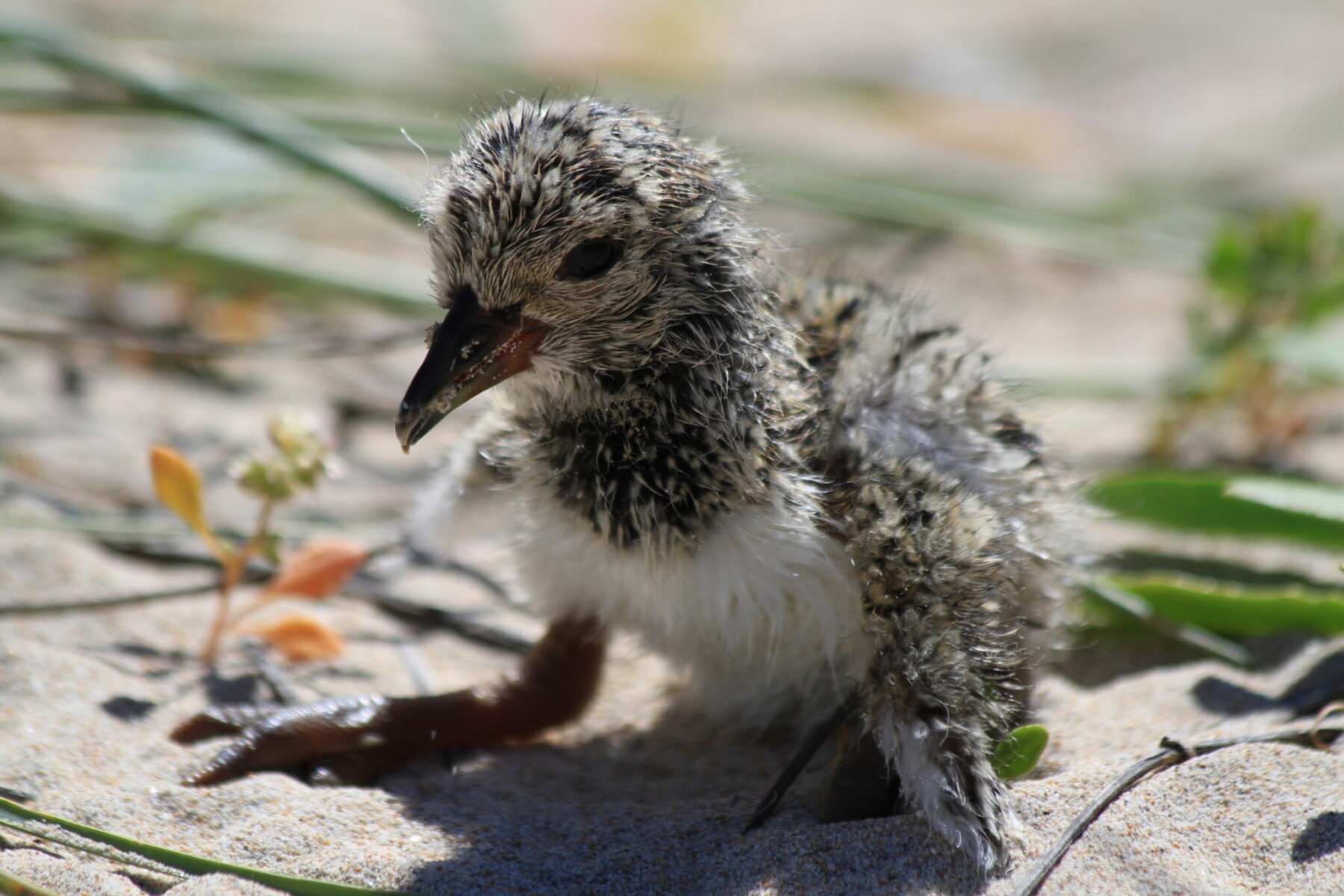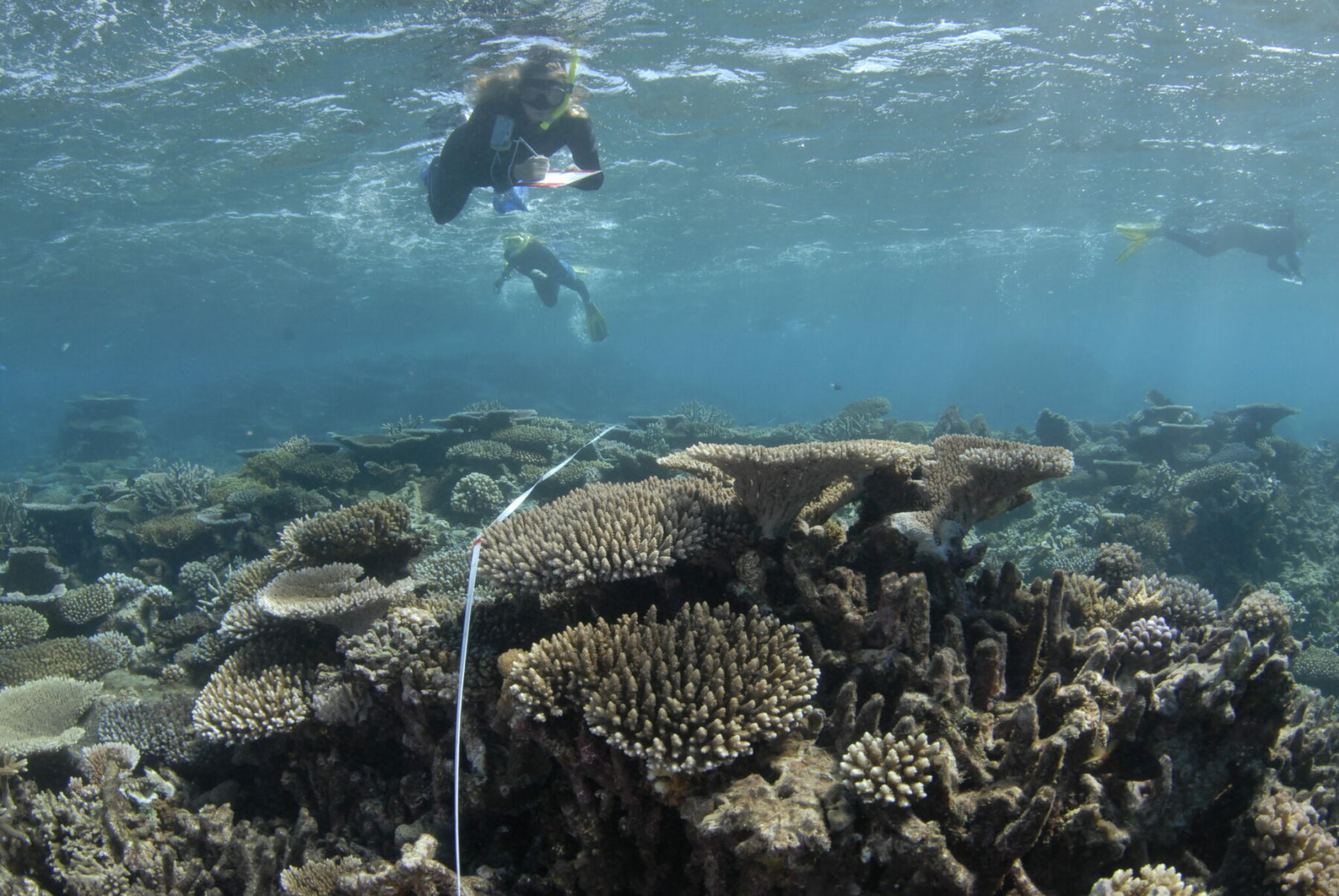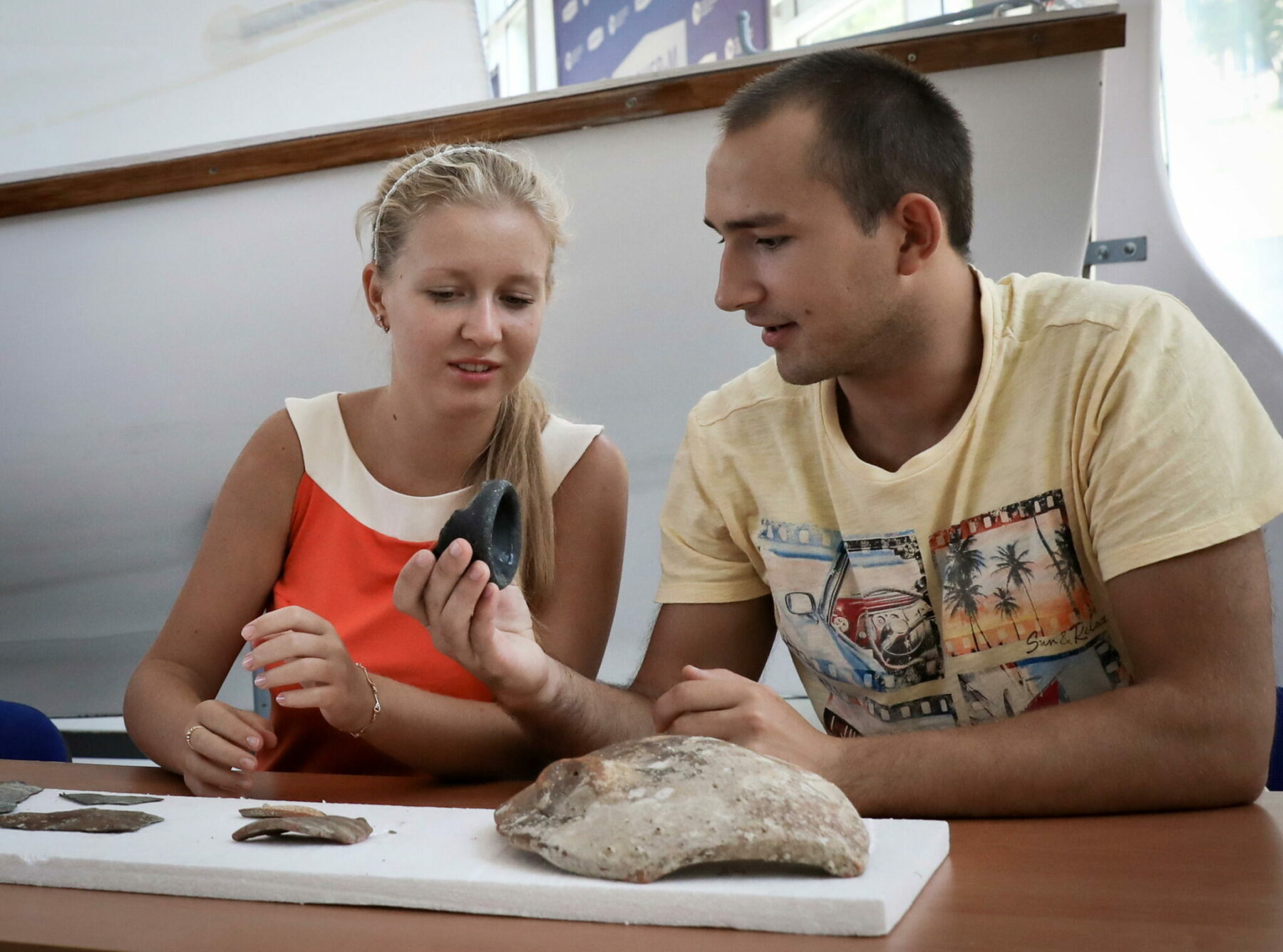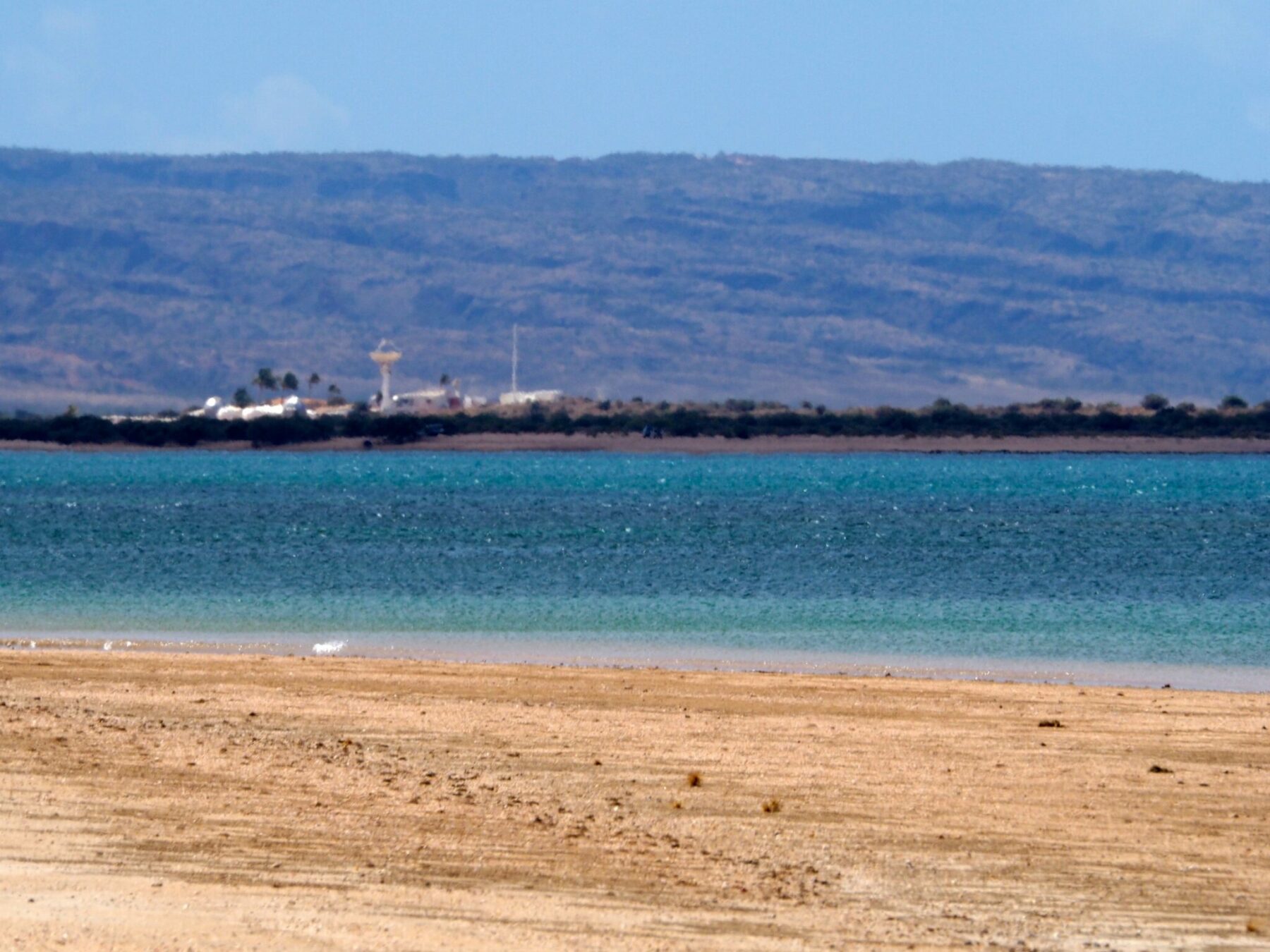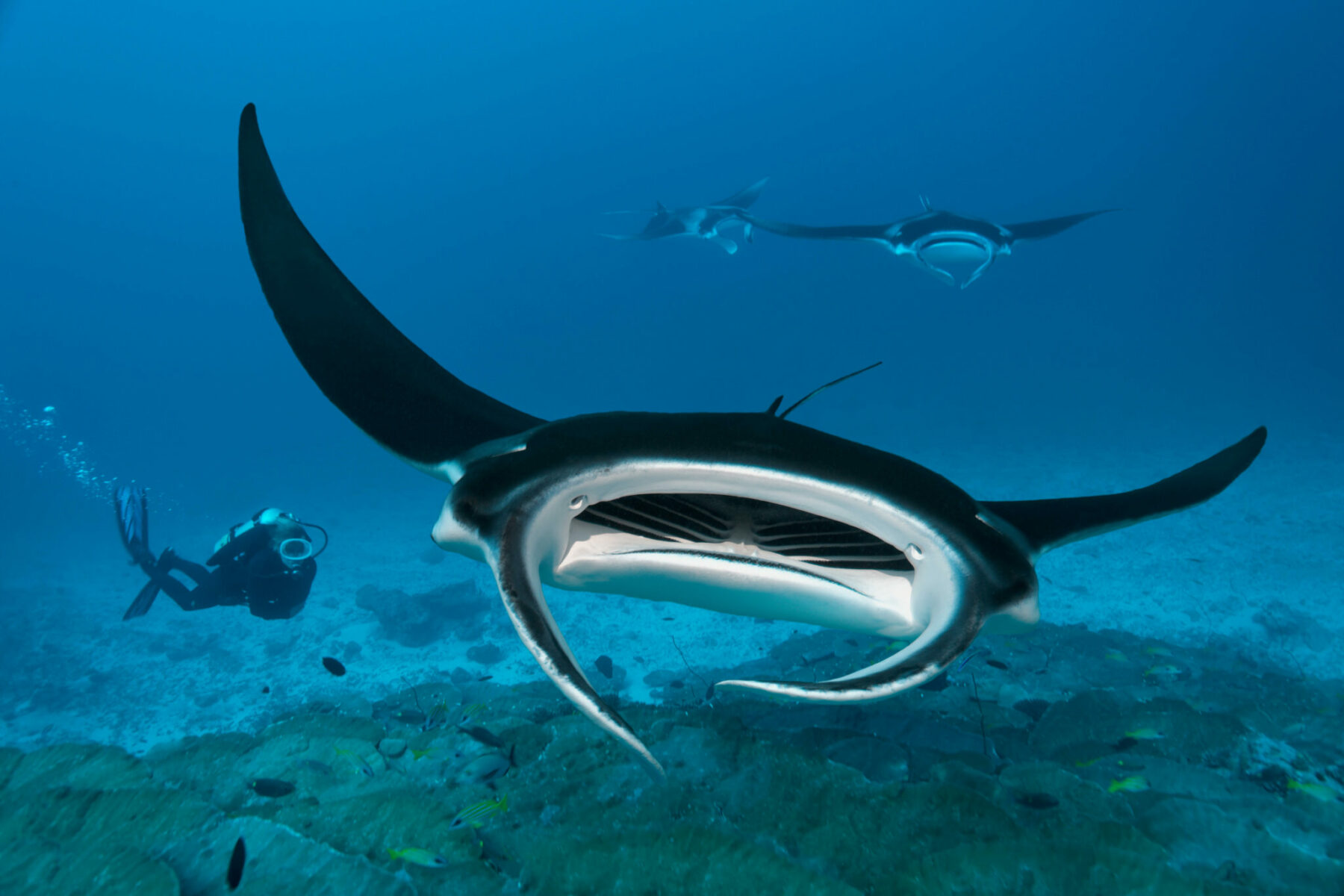A Sustainable Future
The Reef, the Range and the Gulf draw us together.
Whether we live in the Ningaloo/Cape Range region or just visit it, we all share in the joy of one of the world’s great wild places. Because we love the place we also have a responsibility to look after the beauty and extraordinary biodiversity of the Reef, Range and Gulf.
The Reef, the Range and the Gulf draw us together. This is certainly true for locals in Exmouth. It’s also true for those who visit once and return as tourists year after year, many of them regulars for decades. It’s a remarkable place in which to play and work – there’s nowhere else quite like it.
Because the region is so exceptional, it deserves high protection and planning and development standards that match its special values. This means anything we build here should support the environment. After all, it’s the lifeblood of the local economy. If we look after the area it will keep looking after us.
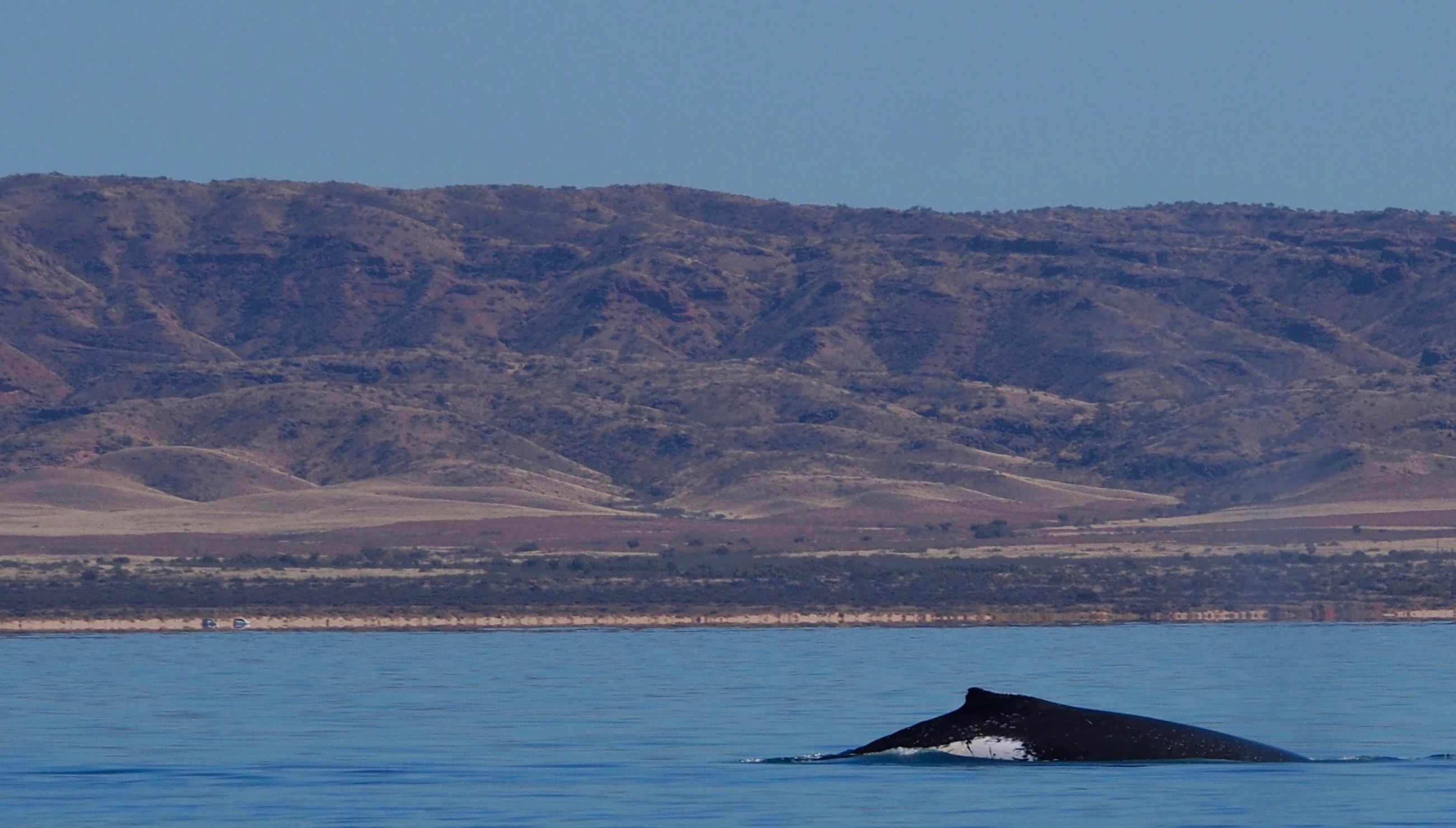
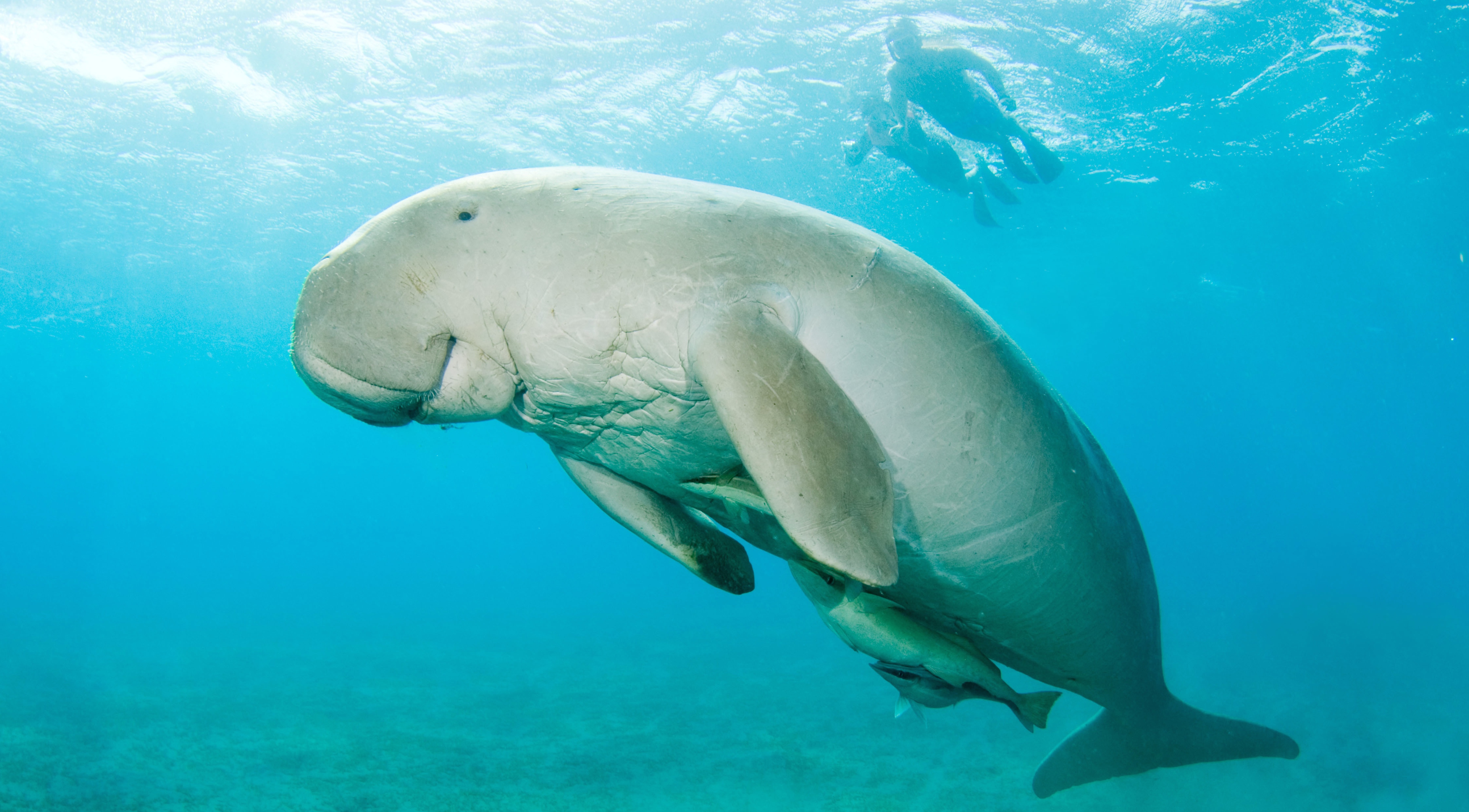

We need to be thinking of new ways to live and do business at Ningaloo.
In an area of World Heritage significance, the most logical and sympathetic activities will be found in tourism, education and research. All rely on the same central asset and strengthen each other. All generate sustainable, low-impact employment, and as we know from 30 years’ experience, tourism, education and research bring new people into the region. Fresh faces, fresh ideas, new prospects for the future. This is what we need to build on. Sustainable and creative low-impact businesses use their excellence and entrepreneurial capacity to protect and enhance our greatest assets in the local economy. This is our foundation for the future.
There are still opportunities to improve and offer new hospitality services.
The tourism industry has grown and consolidated over the last 25 years with ever increasing attention to detail and diversity. There are still opportunities to keep making improvements and offer new hospitality services and programmes.
Ningaloo is already a research hotspot.
The local community has an opportunity to capitalise on national and international interest from scientists, students and researchers, many of whom spend many months of the year based in Exmouth. The Learmonth Solar Observatory is an important information facility operated in partnership with NASA and other science agencies. It is a highly sensitive solar data observatory which measures the sun’s progress through the sky.
Ningaloo could be an education hotspot.
Exmouth is blessed with excellent schools that punch far above their weight for such a remote community. We need to honour this achievement and build upon it. The Reef, the Range, and the Gulf already inform and inspire the educational experience of pupils in Exmouth, but this needn’t stop at high school level. Exmouth is the logical site for a dedicated tertiary institution focussed on the sciences and the cultural study of this special asset. This is what happened in Cairns on the Great Barrier Reef. Cairns is over 1600 kilometres from Brisbane and yet it now has James Cook University, a major hub for marine science, tropical medicine and cyclone research. James Cook University has over 4000 Australian students and nearly 400 international enrolments. Once it expanded campuses to Townsville and Singapore, enrolments exceeded 28,000.
Exmouth isn’t as big as Cairns, but it’s not as remote either. And, unlike the Great Barrier Reef, Ningaloo Reef is not 20 kilometres and more offshore, so Exmouth has the special advantage of having research facilities within easy proximity to one of the world’s last healthy coral reefs. Several major universities already send undergraduate and graduate students to the Ningaloo annually, and senior international scholars return to the area each year already, so there’s no reason why Ningaloo shouldn’t eventually become an educational hub. JCU Cairns employs over 5,000 staff. This is sustainable employment at a level which other industries just cannot match.
It’s time to move on from industries that take much more than they bring.
It takes time to develop an education and research hub. Just as it took time to develop the tourism hub Ningaloo now enjoys. There’s no fast way to build a sustainable future. But a viable future can be quickly damaged or even destroyed by poor decisions and bad planning. It’s time to move on from industries that take much more than they bring.
If the Reef, Range and Gulf survive into the future it will be because they outlast the utility of the oil and gas industry. On the other hand, the greatest danger to coral reefs is emissions from fossil fuel. The greatest risk to marine life at Ningaloo is from an oil spill. The greatest local risk to whales is seismic testing from oil and gas. These risks are real and ongoing. It’s time to leave outworn ideas and risky industries behind.
Now is our chance to imagine a positive, creative, steady and sustainable future for Ningaloo, Exmouth Gulf and the Cape Range.

